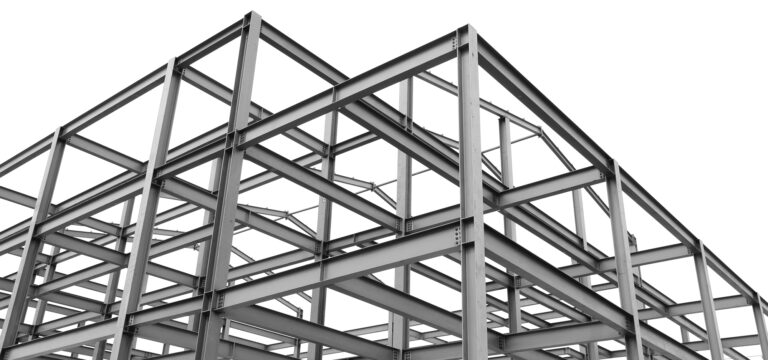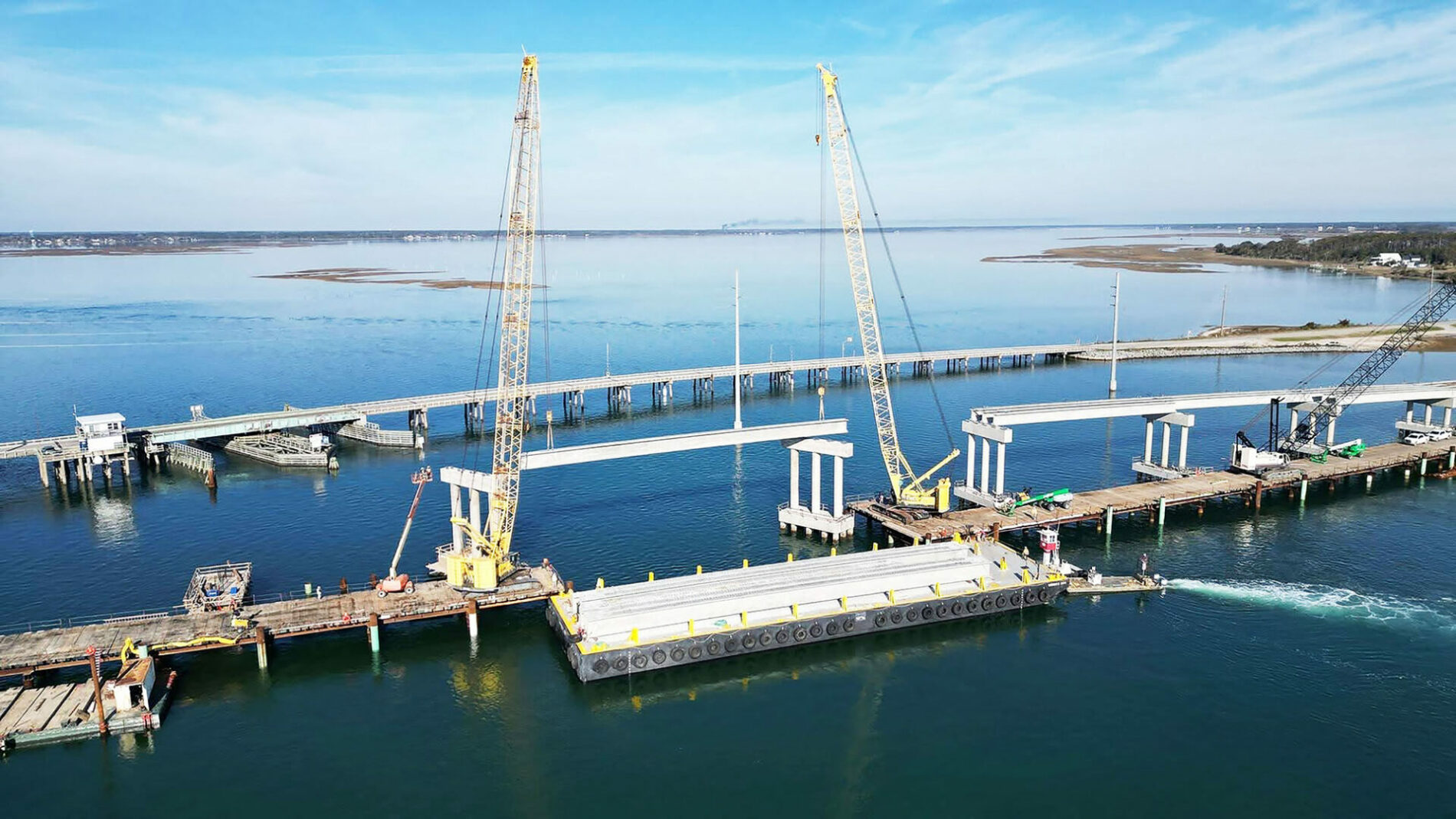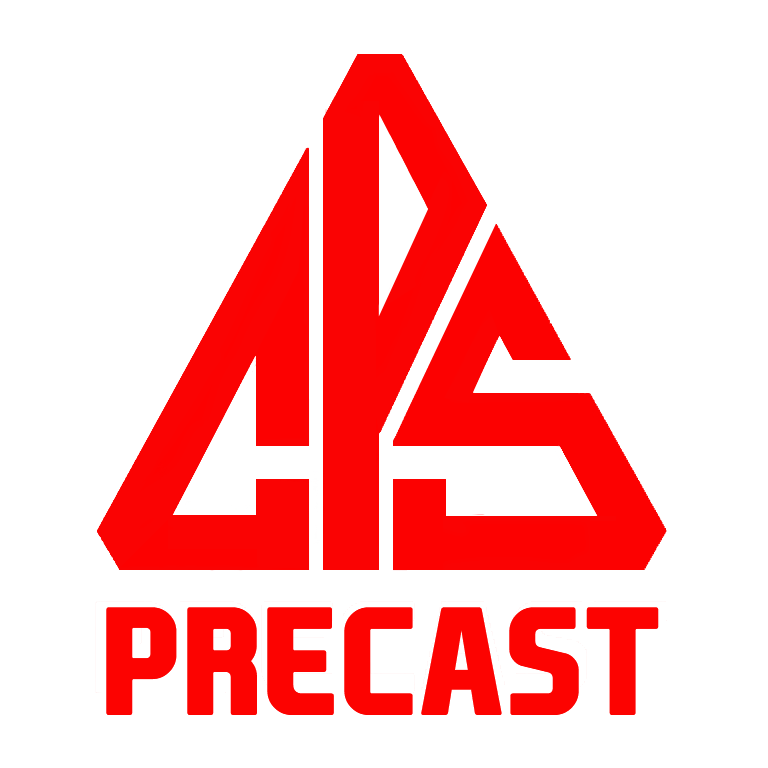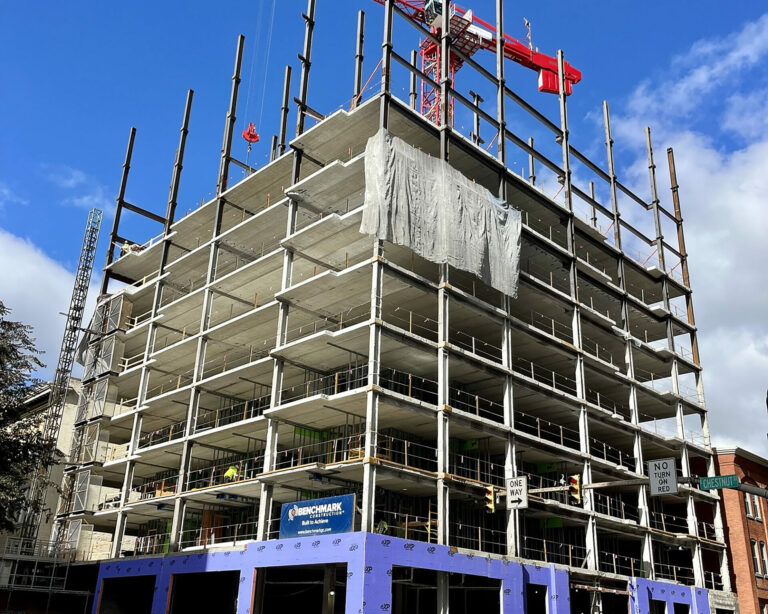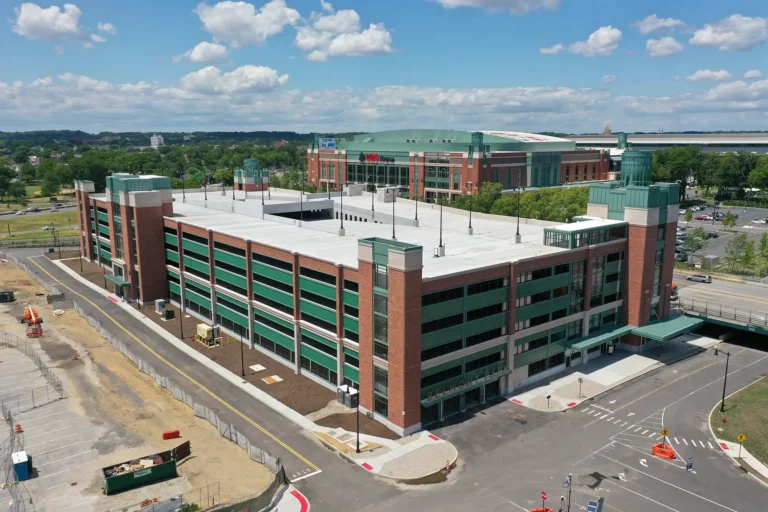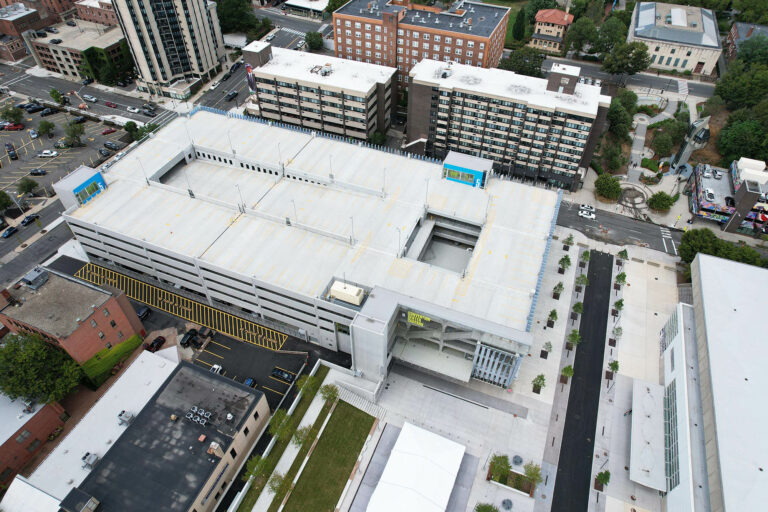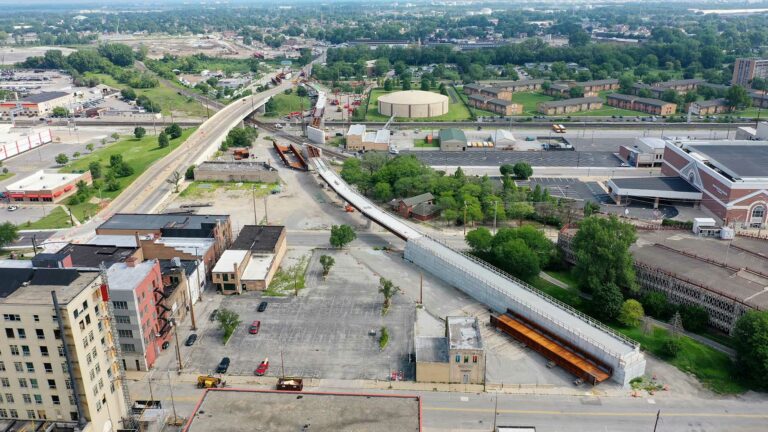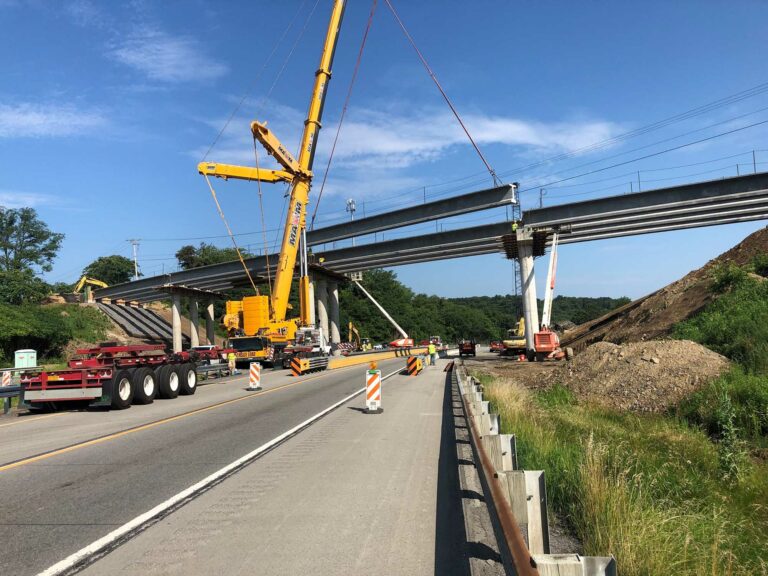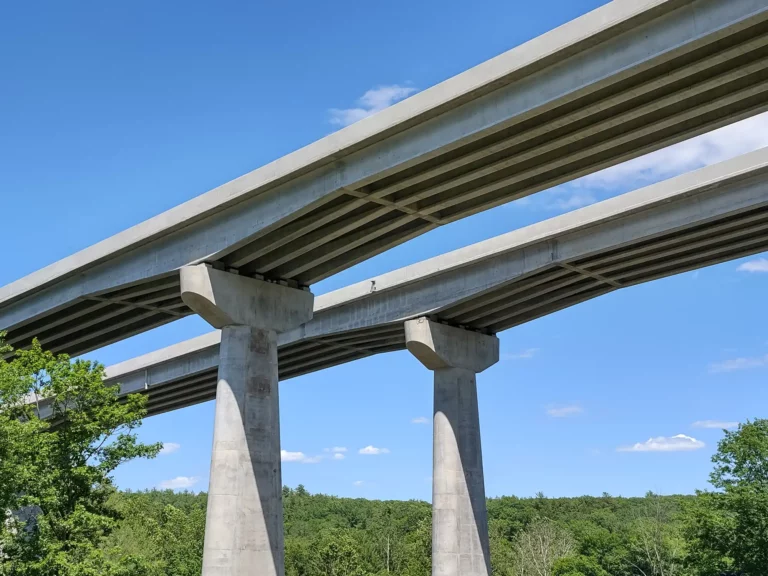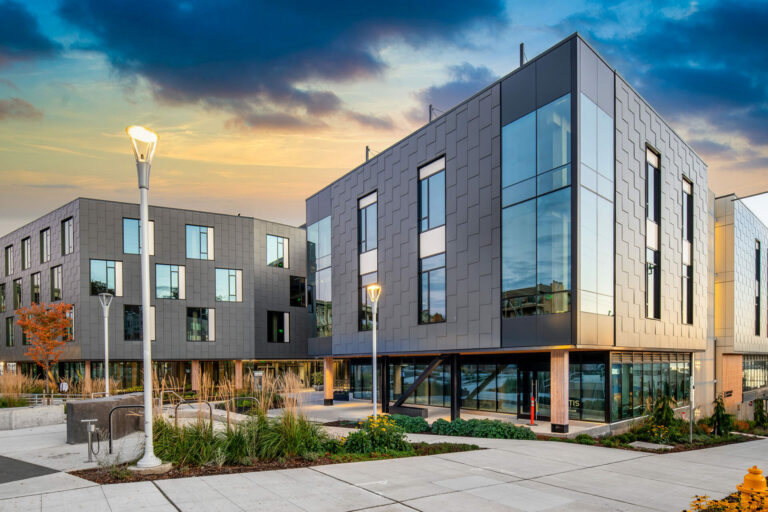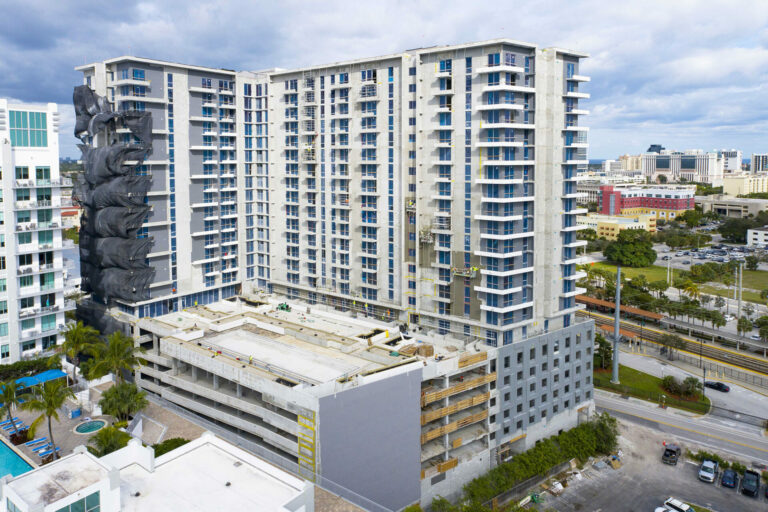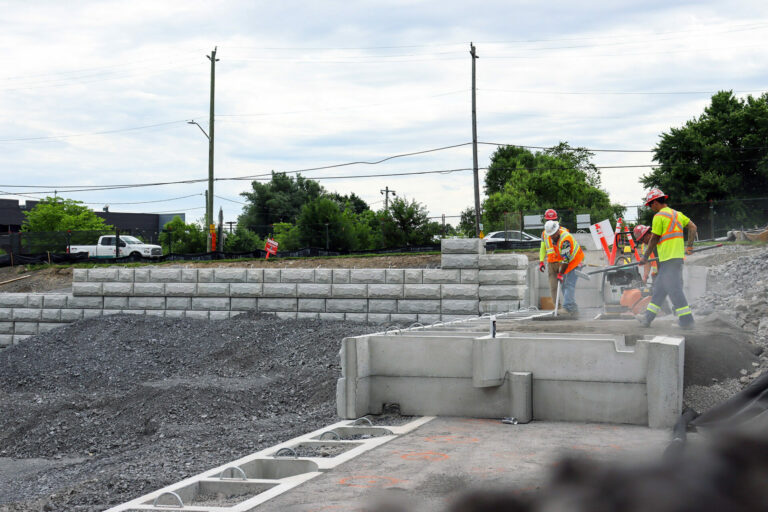On the bustling East Coast, where infrastructure shapes the rhythm of progress, Coastal Precast Systems (CPS) stands as a beacon of innovation and reliability in the precast concrete industry. Specializing in bridge and marine structures like piers, CPS has carved a niche through its unique capabilities and unwavering commitment to customer satisfaction. As the company looks toward a promising 2025, its journey from a modest operation to a powerhouse with four plants and $160 million in projected revenue is a testament to vision, adaptability, and teamwork.
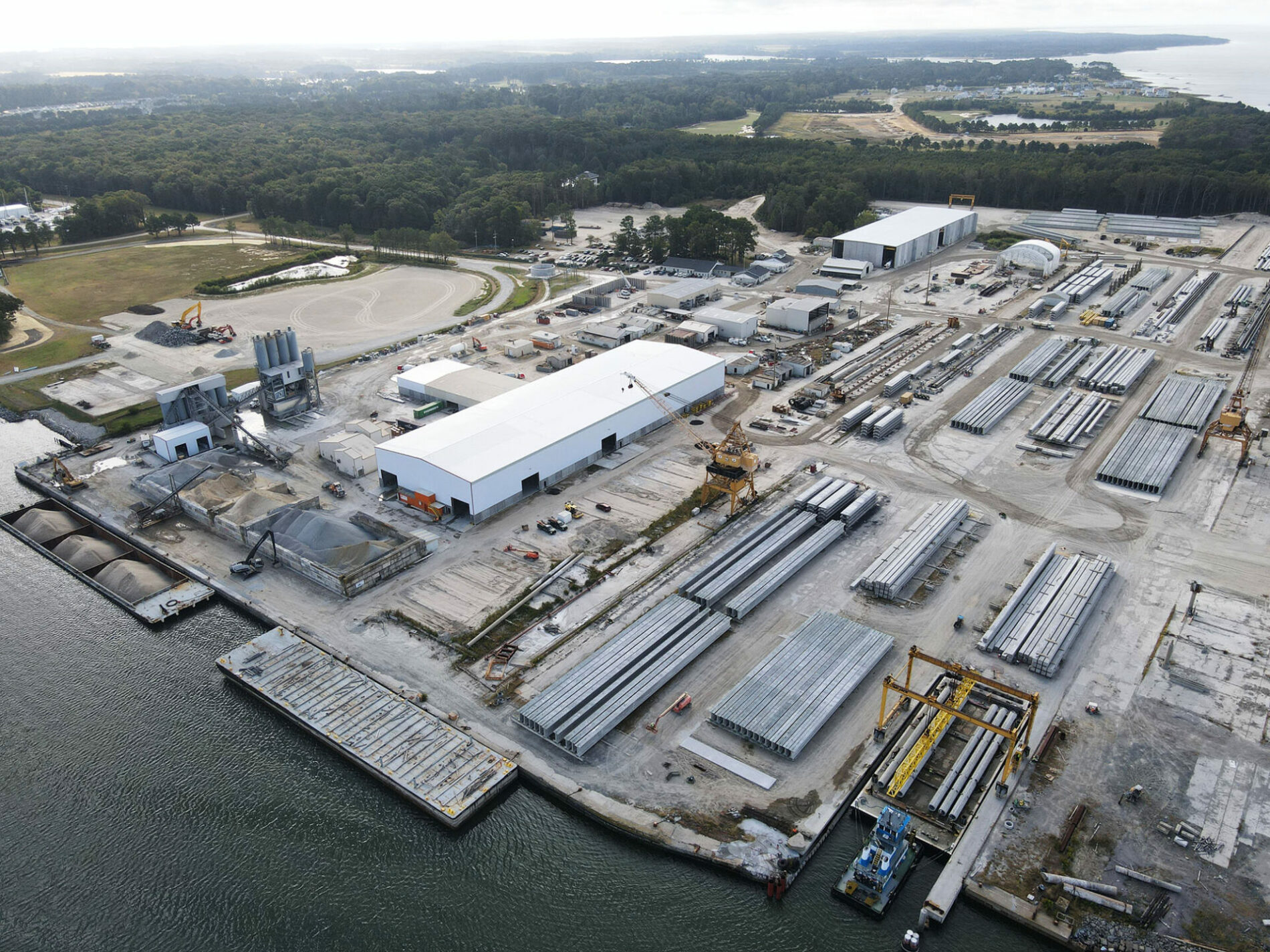
What sets CPS apart from other precasters? For Brandon Mowrey, Director of Business Development & Marketing, the answer lies in their strategic facilities. With three plants—two situated on the water—CPS can barge massive precast components up and down the East Coast, from Maine to Florida and even as far as Bermuda. This logistical advantage, coupled with a comprehensive service portfolio, positions CPS as a leader in the industry. Beyond precast production, the company offers robust engineering support, design assistance, lifting and shipping calculations, and hands-on project management.
“[Project management] is something a little different, and our project managers do a great job of keeping the communication lines open,” Brandon explained. “They do all the ordering of materials, so they’re very hands-on and knowledgeable about each of their projects. We’re more of a detail-oriented precaster that offers engineering.” This meticulous approach ensures that every project is executed with precision, fostering trust and satisfaction among clients.
Founded on principles homed in the ready-mix concrete business, CPS has carried forward a customer-centric ethos under the leadership of owner Paul Ogorchock. “We’re a very customer-focused company. We always have been,” Brandon said. “That dates back to our previous companies that used to do ready-mix concrete, which is more of a commodity than what we do now. So, to separate yourself, you really need the customer service aspect.” By integrating engineering expertise and proactive problem-solving, CPS delivers cost-effective, efficient designs that save clients money while exceeding expectations.
Three years ago, CPS was featured in Apeiron Media, fresh off the success of its Cape Charles facility, which opened around 2020. At the time, the plant was producing components for high-profile projects, including work for the Navy and the Maryland and Virginia Departments of Transportation (DOTs). “That was right when we ramped up—our annual revenue went from about $60 million to about $110 million,” Brandon recalled. Since then, CPS has continued its upward trajectory, with projected revenues for the coming year reaching $160 million across four facilities.
A significant milestone is the opening of a new plant in Spartanburg, South Carolina, set to come online in Q4 2025. The decision to establish this facility was driven by a major project: the Asheville Bypass in North Carolina. Requiring large, heavy precast bridge girders, the project posed logistical challenges due to its distance from CPS’s existing plants in Wilmington and Chesapeake. “It was just too far of reach for something that large going into the mountains,” Brandon explained. “We felt more comfortable, and our customer felt more comfortable, if we were a little closer to the project.”
The Spartanburg plant fills a critical gap, enabling CPS to serve the South Carolina and North Carolina DOT markets, as well as western Virginia. “It fills a big void that we’ve always had an issue out West, so we’re excited about that,” Brandon noted. By reducing shipping distances, the plant will lower costs, making CPS’s services even more competitive. “I always laugh when we get customers that call us asking if we can ship out to Western North Carolina or Western Virginia,” he said. “I tell them that’s out of our shipping zone, and they ask, ‘Well, if you guys barge precast all the way to Bermuda and up to Maine, down to Florida, yet staying in the same state, shipping out West is a problem?’ It’s just because of the trucks and it’s getting so expensive shipping that you really need to be closer to your jobs.”
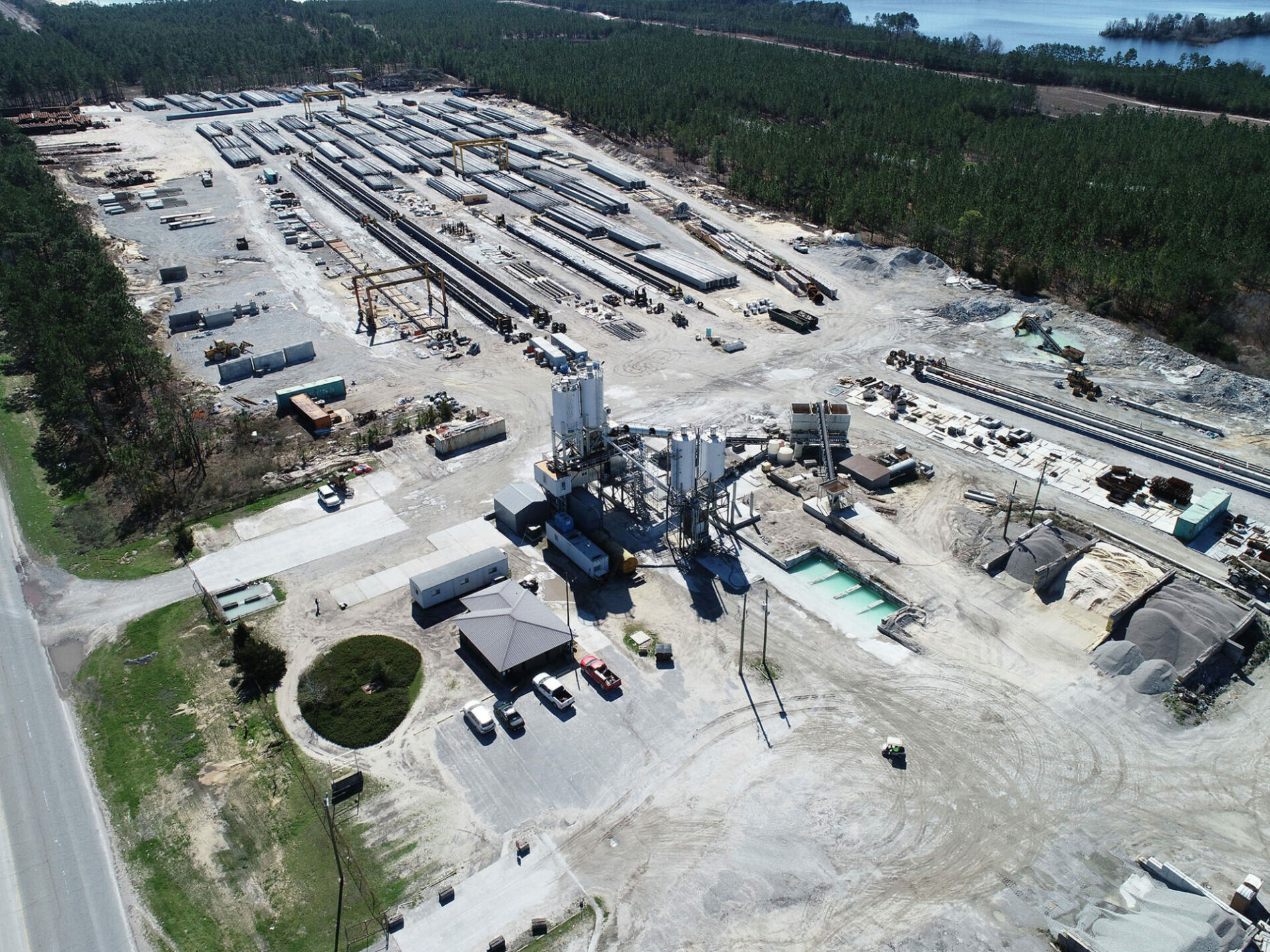
CPS’s portfolio boasts an array of transformative projects, each showcasing their technical prowess and logistical ingenuity. The Asheville Bypass, described by Brandon as a “mega job for North Carolina DOT,” will involve widening undersized highways and creating a bypass to streamline traffic flow in and out of Asheville. By supplying precast components, CPS will play a pivotal role in enhancing the region’s infrastructure.
Another standout is the rehabilitation and replacement of Harker’s Bridge, a 3,200-lineal-foot structure that earned numerous awards for its innovative design. The client sought a 100-year-life bridge without structural steel, and CPS delivered a 200-year-life solution using carbon fiber strands and glass fiber reinforcement. “They [NCDOT] took a risk because it’s a newer product, and it was a really long bridge,” Brandon said. Completed ahead of schedule, the project leveraged all three CPS plants: piles from Cape Charles, caps and miscellaneous precast from Chesapeake, and girders from Wilmington. Despite the shallow water preventing barging, CPS coordinated trucking logistics to meet the schedule, demonstrating their operational agility. “It was a perfect storm that we were set up to handle, and we knocked that one out of the park,” Brandon said proudly.
Currently, CPS is working on the Alligator River project for North Carolina DOT, a three-mile-long bridge incorporating carbon fiber reinforcements in place of steel rebar in some sections. With the test pile complete and production underway, Brandon described it as “a very high-profile and exciting job.” The project underscores CPS’s commitment to embracing cutting-edge materials to deliver durable, long-lasting structures.
As CPS heads into 2025, the outlook is robust, with a 30% increase in jobs compared to the previous year. “The rest of the year looks great,” Brandon said. “I think some of the contributing factor is a lot of the jobs that should have been designed during the COVID years are now out on the market to be bid.” A recent transportation bill has also unlocked funding for long-delayed projects, creating a surge in opportunities. “Those are breaking free, and then everything else that naturally would have hit in 2025 is out,” Brandon explained. “We’re going to get to a point where there’s not going to be enough contractors and suppliers to handle it all, but we’re trying our best, we’re expanding where we can.”
“We’re going to get to a point where there’s not going to be enough contractors and suppliers to handle it all, but we’re trying our best, we’re expanding where we can.”
To sustain its growth, CPS is exploring new product lines to diversify beyond bridges. “We don’t want to get too stagnant with bridges because eventually, we’re going to either build them all or rehab them all,” Brandon said. Potential avenues include seawalls to address rising sea levels, railroad infrastructure, and components for commercial buildings like data centers. By servicing existing customers while tapping into these emerging markets, CPS aims to maintain its trajectory of success.
For Brandon, the key to CPS’s achievements remains clear: “Our success is with the engineering—we want to help problem-solve for our customers and come up with better and more efficient designs and save them money.” With a fourth plant on the horizon, a talented team, and a legacy of customer-focused innovation, Coastal Precast Systems is poised to shape the East Coast’s infrastructure for decades to come, one precast piece at a time.








